All Dark Souls games ranked from foul to Elden Ring

Putting together a Dark Souls games ranked list might not be as tough as Dark Souls itself, but the challenge level is up there. FromSoftware’s grim fantasy series raised the bar on what to expect from a thoughtful action game, and when each entry excels at what it does, from open-world adventuring to dark horror, deciding which ones are best doesn’t come easily.
But we did it anyway and put all the Dark Souls games in totally correct, not-at-all subjective order (it’s definitely subjective). We also took the liberty of including Bloodborne and Sekiro under the "Dark Souls" umbrella.
FromSoftware should make a proper co-op game
All Dark Souls games ranked from worst to best
Dark Souls
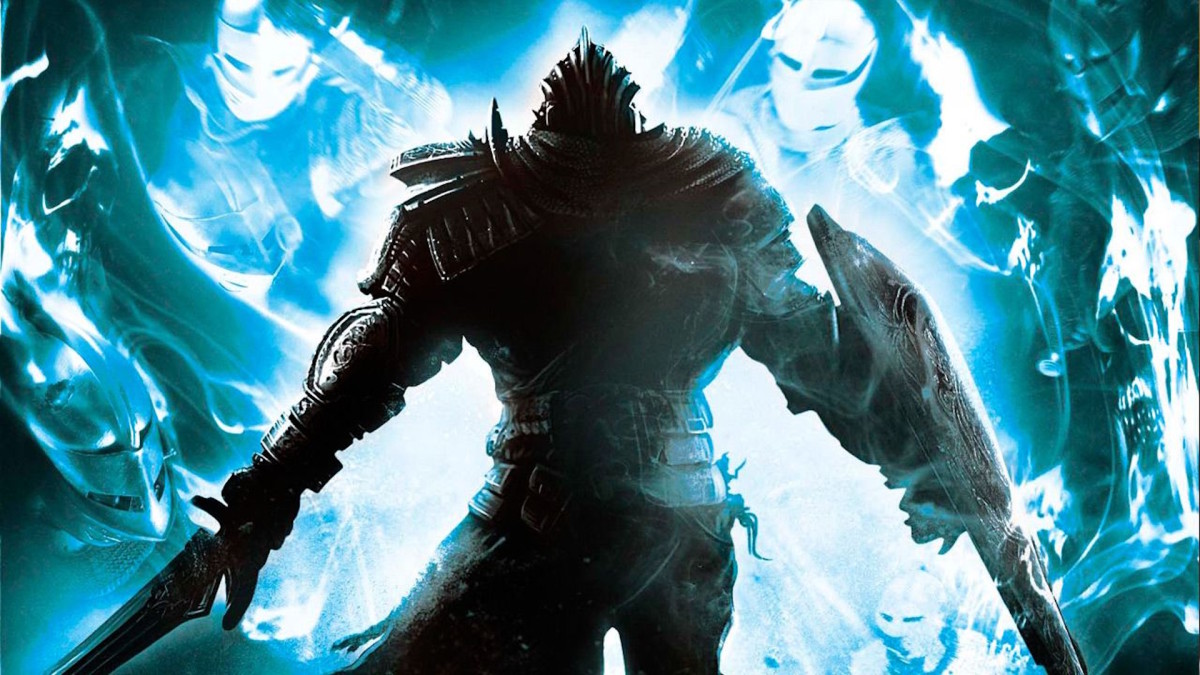
I know Dark Souls is a classic, and I can recognize that while playing it. I just can’t get past how clunky and unrefined it is. The best Soulsborne games feel punishing on purpose and force you to adapt and improvise to get through. The first Dark Souls punishes you just for playing. Using old-school Resident Evil tank controls in a game that requires this level of precision and planning is just cruel, and it doesn’t help that you can barely tell a brown orcbogoblin or whatever Dark Souls monsters are called from the brown floor it’s standing on and the brown wall behind it.
I know Demon’s Souls did it first, but the remake makes all of that so much easier to deal with.
Demon’s Souls Remake
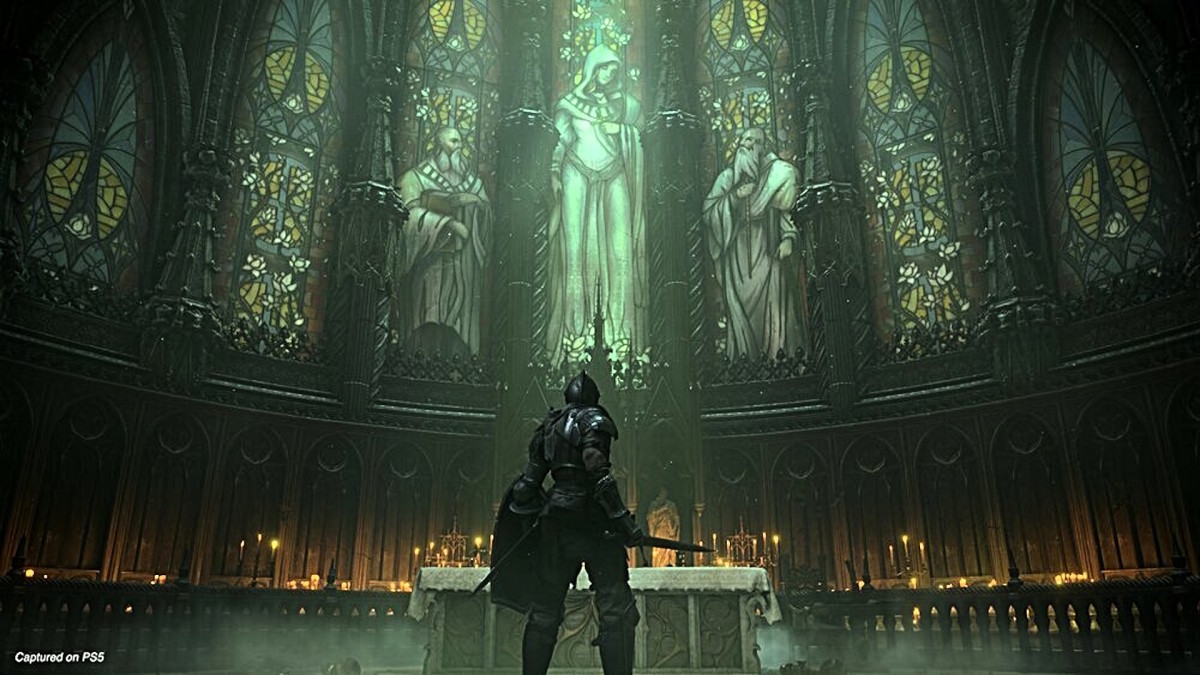
Demon’s Souls has all of Dark Souls’ problems, plus some of its own. It’s even more unforgiving and has absolutely no respect for your time. When I’m not playing Demon’s Souls, that’s a positive feature. It’s a game that demands your attention and makes you approach it on its own level. When I am playing Demon’s Souls, though, it means I’m likely to lose two hours of progress thanks to a cruelly-placed skeleton mage and no save point in sight, and then I don’t play Demon’s Souls again for another six months or so.
On the bright side, Bluepoint learned what color is for the PS5 remake, so you can actually distinguish enemies from walls. That’s a big plus in my book.
Dark Souls 2
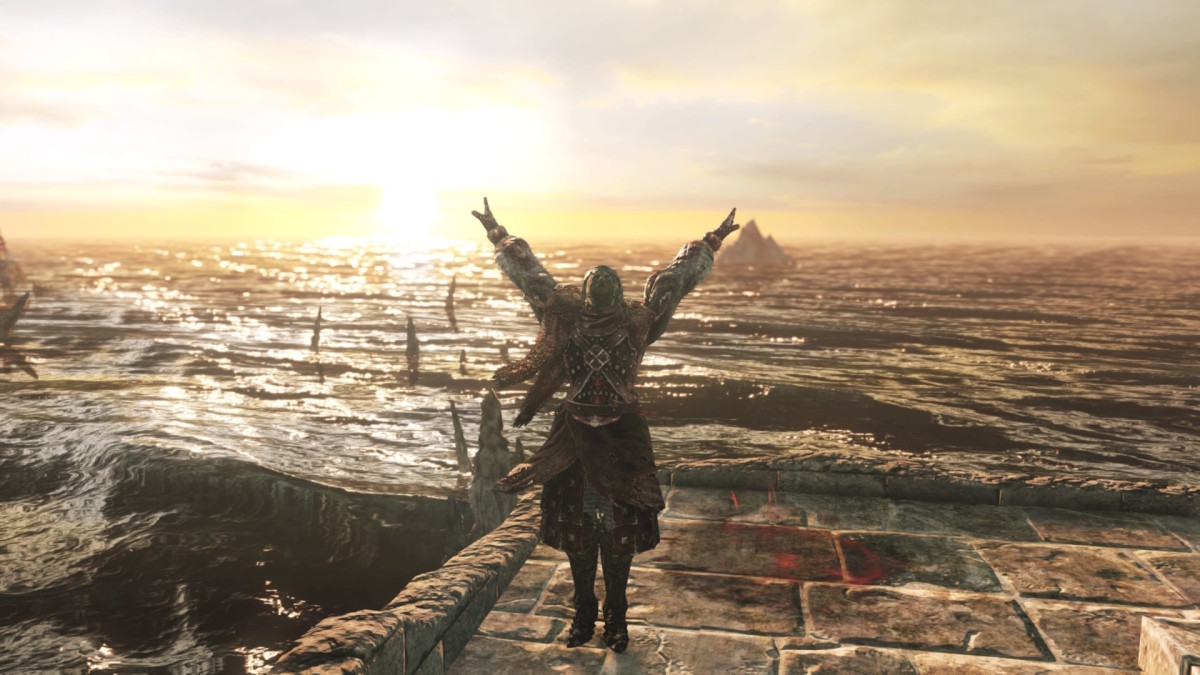
Dark Souls 2 is a bit of a mess. I appreciate FromSoftware’s bold decisions, including the choice to prioritize RPG elements and make damage types important considerations in each battle. The whole thing is just lacking the level of polish and thought that characterize the best Soulsborne games. Environments are uninspired, the world design feels slapdash, and the story is a rehash of the original game’s ideas.
Sekiro: Shadows Die Twice
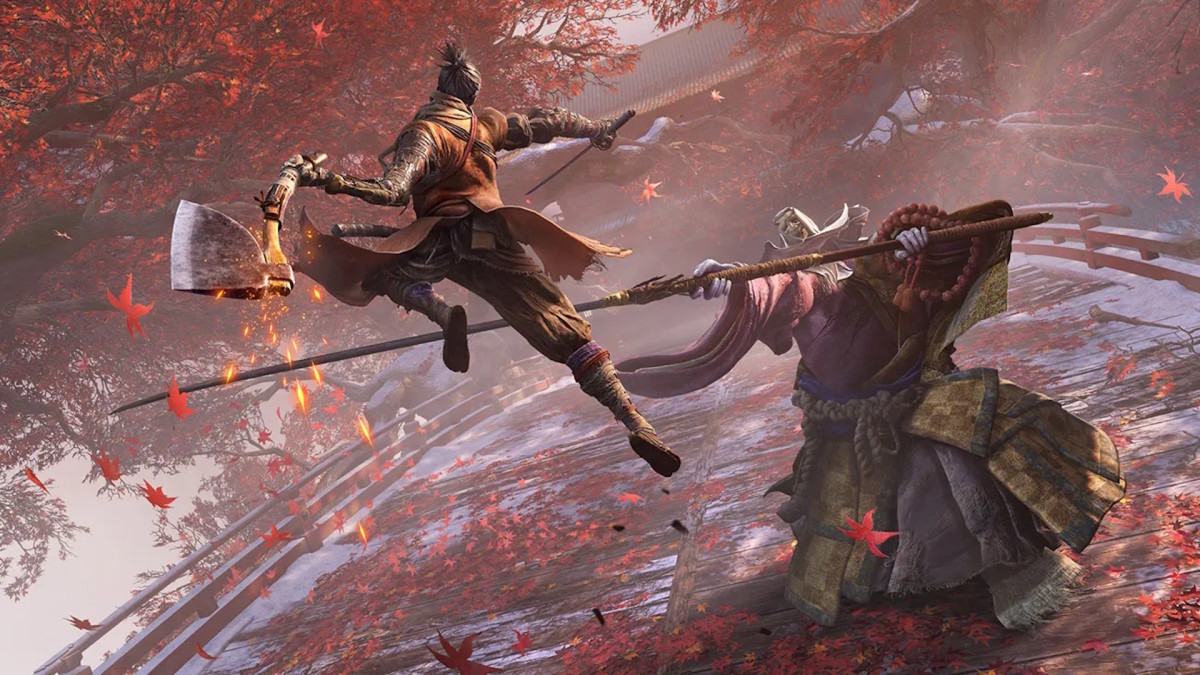
Sekiro is a blast, until you learn how to parry. Then it’s just a lot of parrying. Granted, parrying isn’t exactly easy, and the variety of enemies and attacks FromSoft throws at you means you never have a chance to grow complacent. If you’re smarter than me and decide not to cheese the game, though, getting to grips with Sekiro’s action combat is one of the most rewarding experiences in FromSoft games. The pressure system, the intensity of Sekiro’s boss fights, and the fluid, dance-like nature of each encounter almost make up for the weak story.
Dark Souls 3
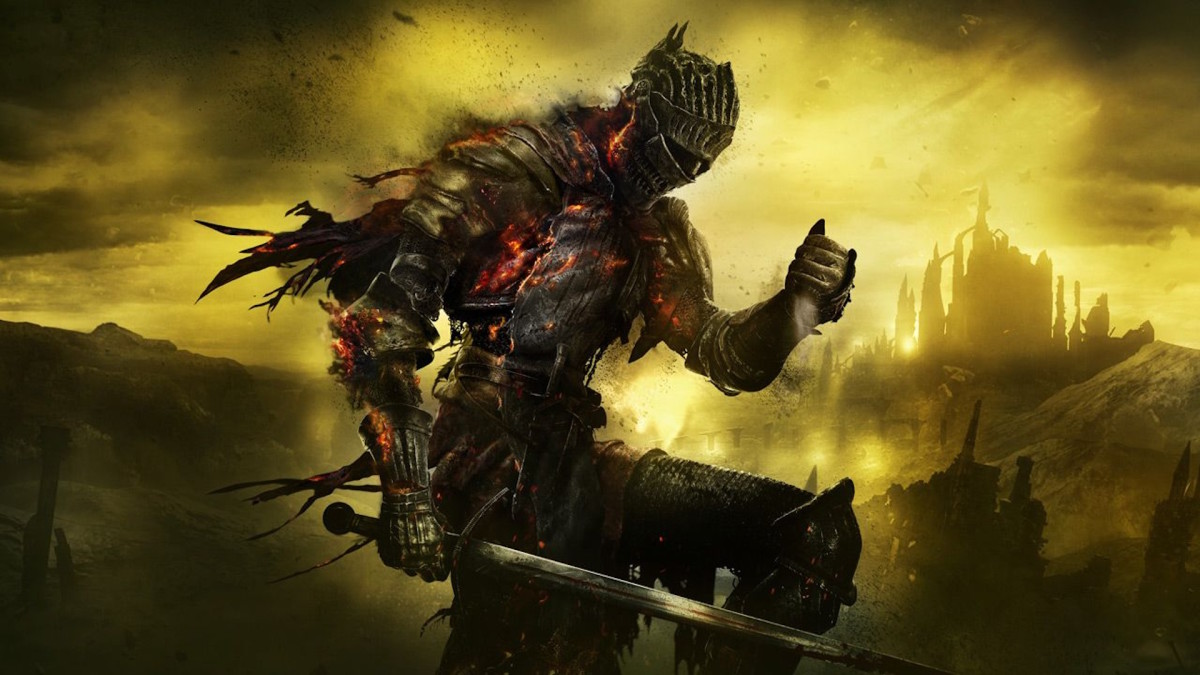
Dark Souls 3 is a tough one to consider. It looks excellent, plays wonderfully, and strikes an impressive balance between telling its story and letting you discover it for yourself. Dark Souls 3’s bosses are some of the best in the series as well, and I especially appreciate the variety of environments. It’s the best version of everything FromSoft created before it, though it’s also more of a refinement than a bold departure.
Bloodborne
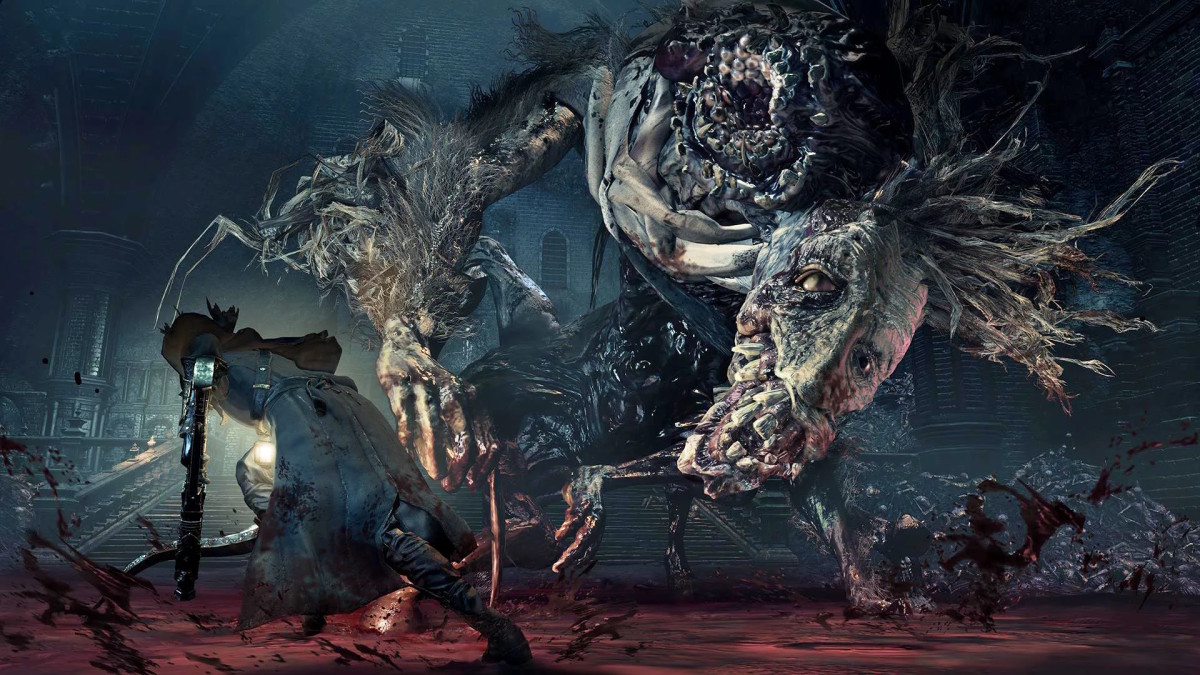
Bloodborne takes Sekiro’s emphasis on fast-paced action and weaves it into a nightmare world that’s as much Edgar Allan Poe as it is H.P. Lovecraft. The story is a little cliche, with its suspicious church, weird cults, and folks driven mad in the pursuit of power, most of which we’ve seen in some form in other Soulsborne games. The way Bloodborne nails its gothic setting and horror vibe gives the whole thing extra weight and a greater sense of freshness, though.
And it does absolutely nail it. Bloodborne is an elegant work of horror with atmosphere oozing out of everything you see and even the weapons you wield. These weapons are, admittedly, fewer in number and variation than almost every other Soulsborne game, but the limitations encourage creative playstyles and uses of your other abilities. It’s a brilliant creation.
Elden Ring
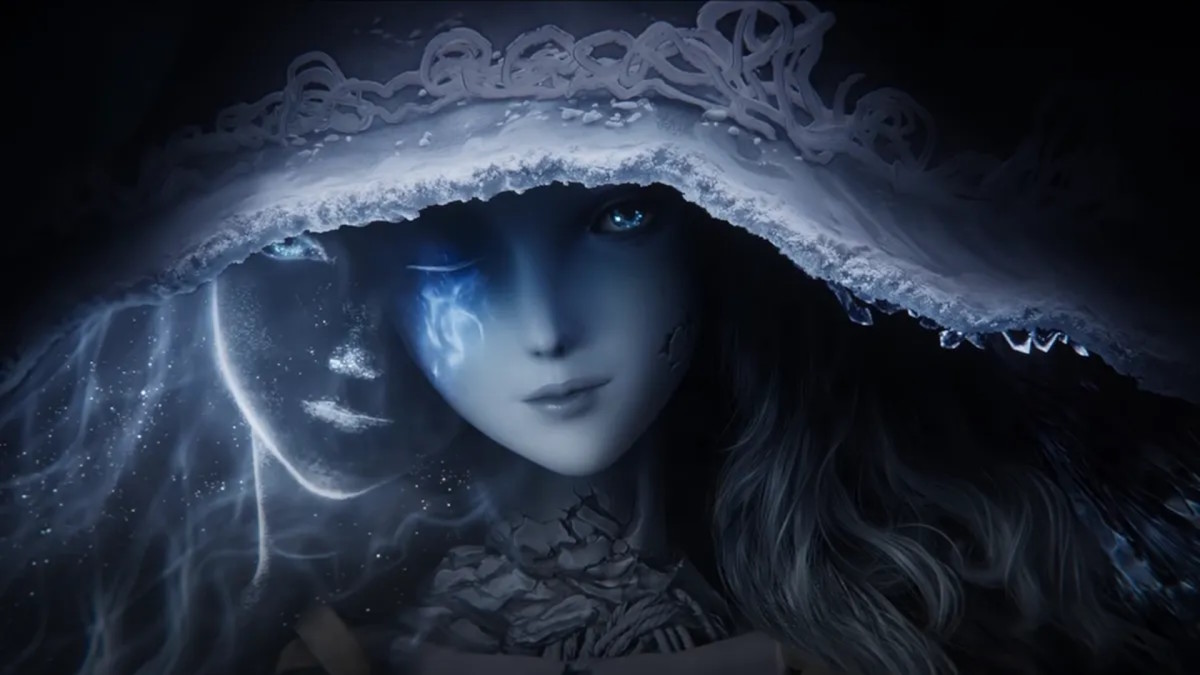
What I appreciate the most is how Elden Ring lets you nope out of almost any situation, so you can do something less frustrating and more rewarding. Don’t want to get crushed by a weird, giant, fire-breathing dog statue? Hop on your spirit horsey and go help a spirit lady instead. Volcano snake man-god giving you the heebie-jeebies? Take a trip underground, find a lost civilization, befriend a pot – the options number in the dozens, and everything rewards you with a shiny new piece of equipment or tatters of vague lore.
Letting you navigate the world on your own terms makes it feel properly realized as well, not just a set of cleverly designed murder hallways for you to get through. That, plus the depth of character stories and the thrill of piecing together The Lands Between’s mysteries creates a stronger sense of connection to your character and their actions, an emotional tie that’s absent in most of FromSoft’s other games and elevates Elden Ring above its forebears.
